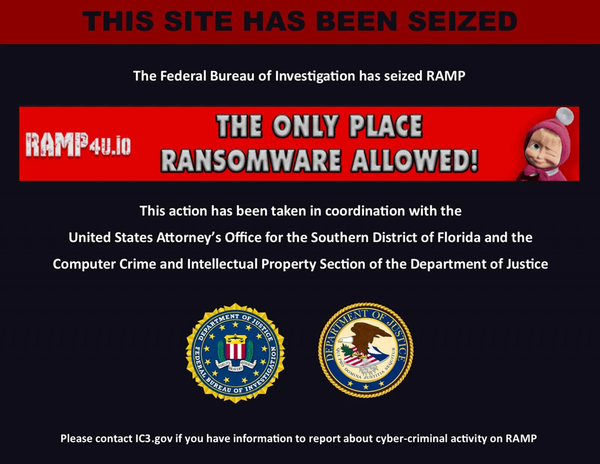CISA orders agencies to fix Cisco firewall zero day flaws by noon today
Microsoft terminates Israeli military access to surveillance system, Senate report documents DOGE's marauding ways, Dutch cops bust two teens for wi-fi sniffing, Hackers stole pics and info on 8,000 nursery school kids, Edge device-focused threat group RedNovember is aligned with China, much more





